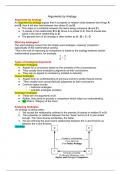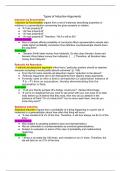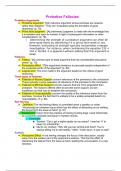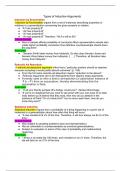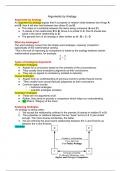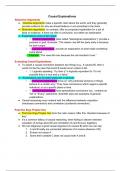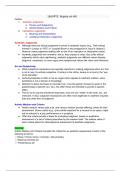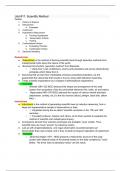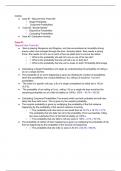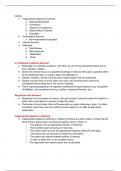Package deal
PHIL 2303: Critical thinking Units/chapter notes 3-12
PHIL 2303: Critical thinking Units/chapter notes 3-12 Chapter 3 Arguments Chapter 4 Probative Fallacies Unit 5 Types of inductive arguments Unit 6 Arguments by analogy Unit 7 Causal Explanation Unit 8 Authority and expertise Unit 10 Statistical Inference Unit 11 Scientific Method Unit 12 Inquiry ...
[Show more]
